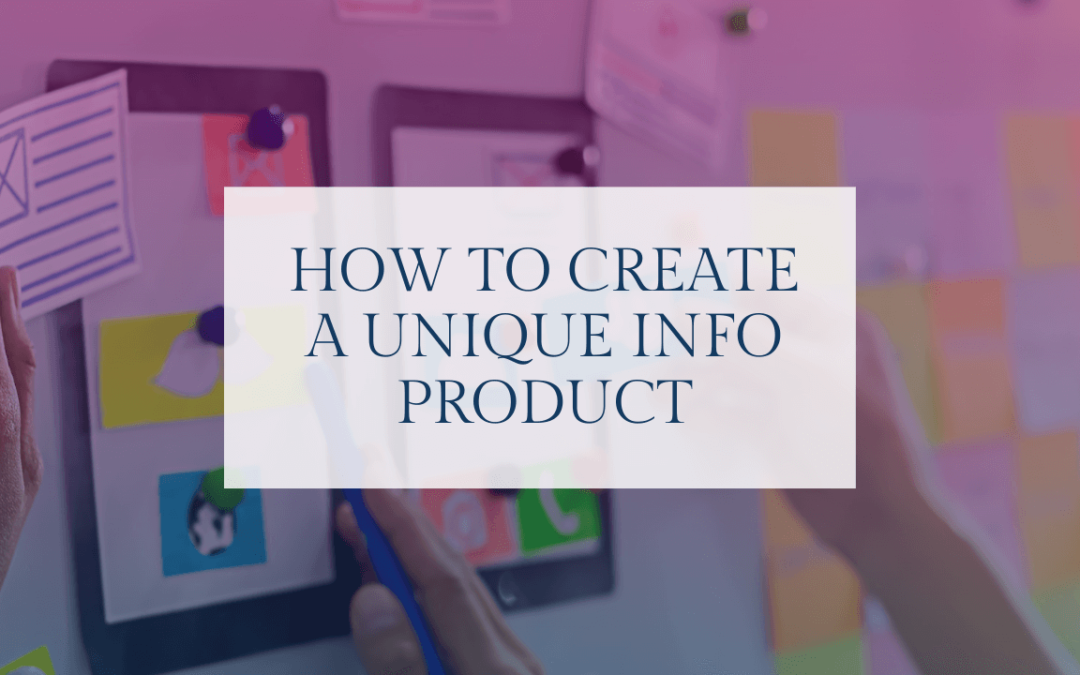Digital products aka information products are everywhere and we consume them all the time. We all have ideas and everyone has something to offer but it’s hard being unique in a crowded space unless you know how to do it. That being said I’m going to teach you some ways to create your own Unique Info Product.
Remember to always start with the basics.
1. What Do You Enjoy?
Before you go off researching every idea that inspires you, take a look at yourself and ask ‘what you have to offer?’ Chances are you may know more than what you think because of your experience, interests, skills, and natural talents.
Take an inventory of yourself.
- What are you currently doing for a living?
- What are your hobbies?
- What unique interests do you currently have?
By doing this self-evaluation you could end up with more familiar ideas and can assess what still gives you joy and what you’re mentally or intuitively done with. This in itself could potentially save you countless hours of research, which will save you time and ultimately money.
2. Organization is Key.
Make an outline. By outlining your thoughts you are giving yourself a graphical depiction of what you know. Keep it basic.
Use broad general categories at first – use this technique for any project you plan to evaluate or implement. Prioritize your categories according to the sequence of steps. Once the broad categories are laid out then you can begin to populate each category with sub-categories and tasks.
Remember to keep the steps simple and clear – no need to add extra things to complicate matters.
3. Evaluate and Refine.
Now that you have a map of your potential Info Product it’s time to evaluate the idea. If your hobby is evaluating Surround Sound Systems and you have enough knowledge to be able to instruct on how to wire and install these systems you may have a building block for something that people want.
Ask yourself and others in your network if there is a need for this information? Can you broaden your potential market with some refinement? Some of these questions will have to be answered through market research. But for now, perhaps you have the basic component to start with.
Start from within and then reach out. Even if you don’t feel you have a marketable idea, you now have a good perspective of what you know. Perhaps this knowledge can be used in conjunction with another idea that you’re doing research on. The more knowledge of your own that you can tap into, the less time it will take you to get your product to market. This is a key issue with any product.
For example, a website designer knows that it will take a minimum of 8 weeks to finish a website that’s fully functional from scratch, depending on the number of pages and purpose of the site, but it takes way less time to upgrade or add things to an existing site.
This means there is a real difference in actual time and costs between both these offers and depending on the customer need and the target audience both the offers are marketable.
It’s always smarter to stick with what you know and build from that as experience and knowledge help save you time to launch. However, sometimes we pivot and have to learn an industry or niche from scratch which is okay too but know that it takes time to learn the true secrets of the industry. Stay with what’s familiar at first and then you can diversify, as needed.

